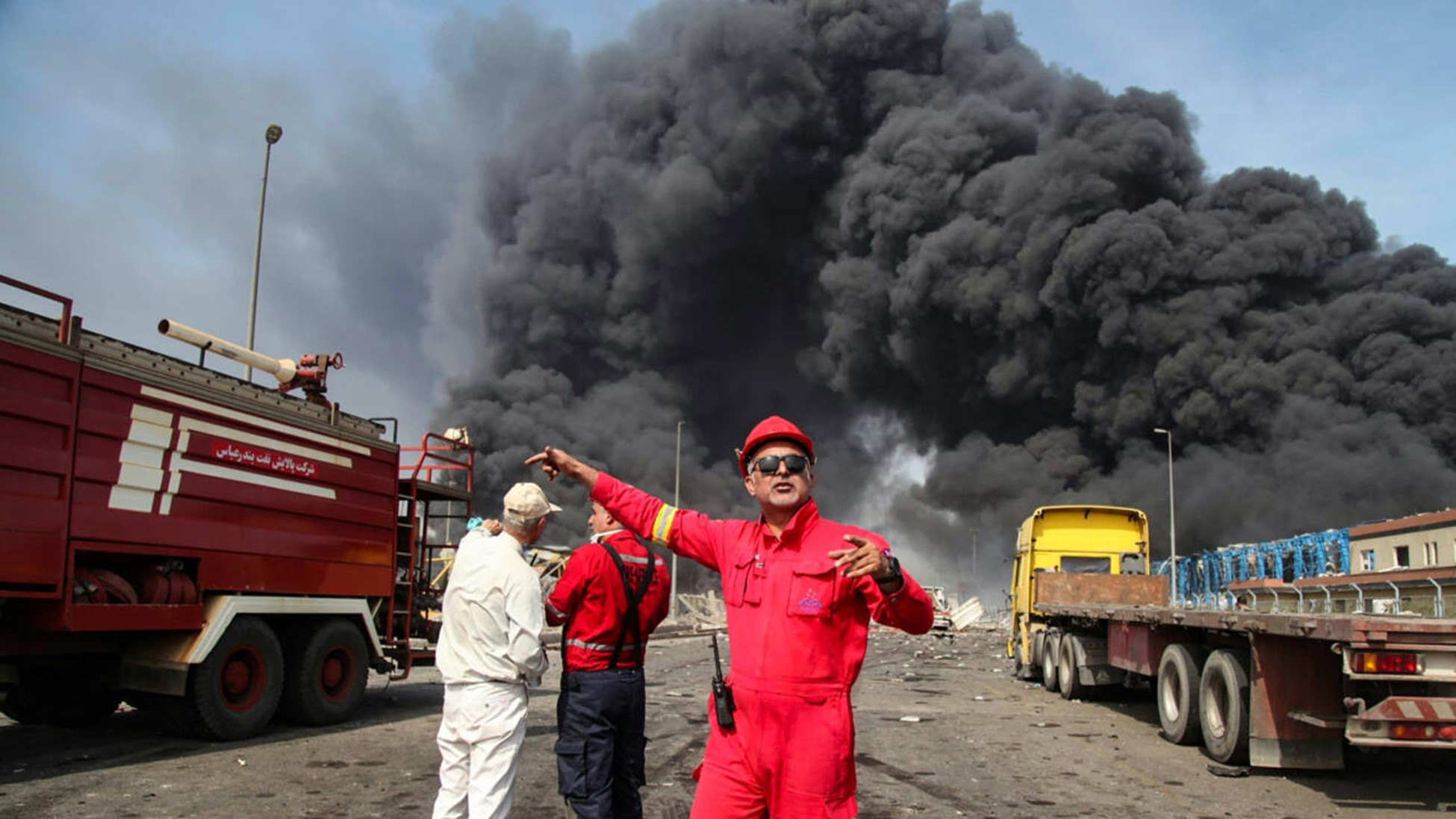Faces Behind the Flames of Bandar Abbas

The harrowing blast at Shahid Rajaee port in Bandar Abbas ripped a fire through a hazardous chemical storage depot on April 26, leaving a trail of devastation few of us can truly fathom. As rescuers sifted through debris, their calls echoing against mangled steel beams, the grim tally emerged, at least 18 people had lost their lives and more than 750 were wounded in the blast’s shockwave. Local television showed harried emergency teams racing victims, some barely conscious to ambulances, while families outside the makeshift clinics clutched each other, their eyes clouded with fear.
In the weeks before the explosion, port workers whispered fears of lax safety checks. They told of containers stacked too close together, of warning labels peeling off rusted doors, of senior managers who looked the other way. On that Saturday afternoon, those warnings went up in flames. Officials later confirmed the fire began in a chemical depot, where sodium perchlorate an ingredient in missile fuel was stored alongside other volatile substances. Whether through human error or structural neglect, the result was a chemical conflagration that no sprinkler system could contain, and no evacuation plan could sufficiently address.
Among the casualties was Ahmad, a father of four whose youngest had just celebrated his first birthday. Colleagues say Ahmad never missed a shift; port labor was his family’s lifeline. His wife, Zahra, arrived at the hospital in a daze, clutching a crumpled photo of her husband teaching their son to take his first steps. “He wasn’t just a worker,” she whispered when asked for a statement. “He was the heart back home.” Parents like Zahra now face a lifetime of medical bills and the unbearable void left by a beloved spouse.
Children wounded in the blast are an image I cannot shake. Little Noor, no more than seven, had burns across her arms; her hospital gown looked too big, as though she might slip right out of it. Volunteers brought her crayons and paper, asking her to draw the thing she missed most. She sketched a small house with a vivid green tree, the branches reaching toward a bright sun. On that paper, she wrote, “I want my daddy.”
As the flames subsided, international offers of aid streamed in. Russia dispatched firefighting aircraft, while the United Arab Emirates and Saudi Arabia sent medical teams. Yet the influx of foreign assistance only underscores what should have been a stronger domestic response: rigorous safety protocols at industrial sites, transparent investigations, and real accountability for negligence. Instead, we see a familiar cycle, tragedy, expressions of sympathy, promises of inquiry, and then, gradually, a return to business as usual.
The strategic importance of Bandar Abbas cannot be overstated. It sits on the Strait of Hormuz, through which a fifth of the world’s oil supply passes. The port’s smooth operation is not merely a local concern but a global one. Disruption here sends ripples through international markets, from energy prices to shipping schedules. Yet the human cost of that disruption is borne by port workers and their families by Ahmad and Noor whose stories are too often buried beneath statistics about lost tonnage and economic impact.
In the days following the blast, the air carried a toxic cocktail of chemicals: fumes of ammonia, sulfur dioxide, and nitrogen dioxide that forced schools and offices to close, and left residents scrambling for masks. Even now, days later, the smell lingers, a pungent reminder that safety failures reverberate far beyond the moment of explosion. Those exposed will carry invisible scars respiratory troubles, psychological trauma that may never fully heal.
And yet, through the rubble and the ash, acts of kindness emerged. Port workers formed human chains to ring the blast zone, guiding trapped colleagues to safety. Neighbors opened their homes to displaced families. Doctors at regional hospitals worked around the clock, suturing wounds by flashlight when power flickered. In every torn uniform and bandaged arm, you see the fragile beauty of solidarity in the face of disaster.
As we look ahead, we must demand more than temporary relief. We need systemic change: independent safety audits for all chemical depots, stricter enforcement of storage and labeling regulations, regular emergency drills that include surrounding communities. We must empower workers to speak up without fear of reprisal and ensure that every warning bell rings three times before being ignored.
No policy reform, however robust, can bring back Ahmad or undo the fear in little Noor’s eyes. But it can ensure that the next fire is extinguished before it becomes a conflagration, that the next siren halts work long enough to save a life. We owe that to the families who now face empty chairs at dinner tables, to the children who must grow up without parents to guide them, to the countless invisible sufferers whose voices have been drowned out by the roar of explosions.
In moments of great upheaval, humanity reveals its brightest hues compassion, resilience, grace under pressure. But lasting change demands more than heroics; it requires our collective insistence that every life is worth more than profit margins, that safety is not optional, and that when people cry out for help, we are listening. Only then will the charred remains of Bandar Abbas port become a cautionary tale and not a recurring headline.







